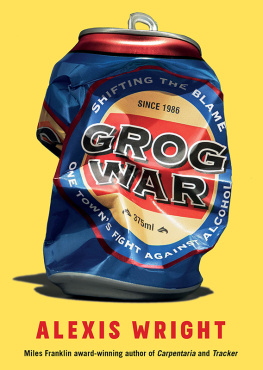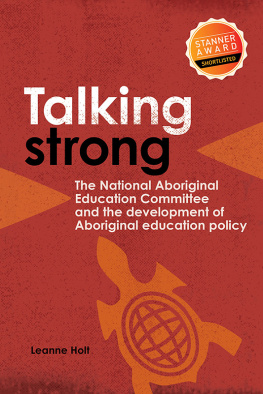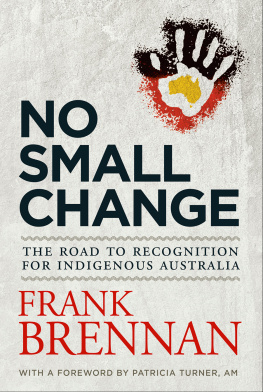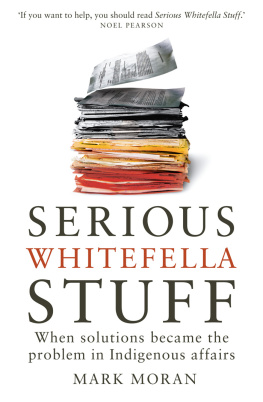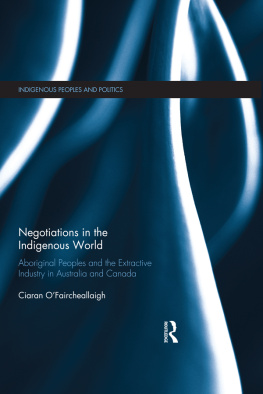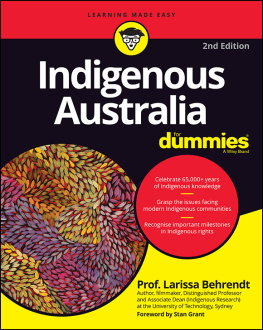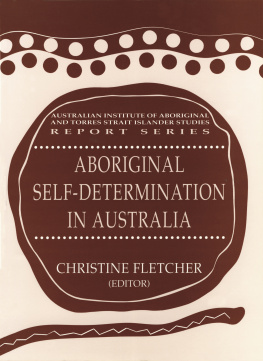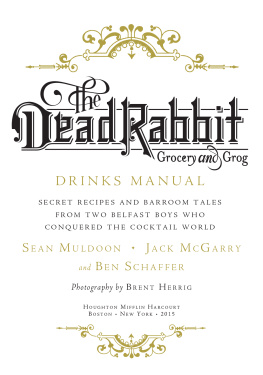
ALEXIS WRIGHT
Alexis Wright is a member of the Waanyi nation of the southern highlands of the Gulf of Carpentaria. The author of the prize-winning novels Carpentaria and The Swan Book, Wright has published three works of non-fiction: Take Power, an oral history of the Central Land Council; Grog War, a study of alcohol abuse in the Northern Territory; and Tracker, an award-winning collective memoir of Aboriginal leader, Tracker Tilmouth. Her books have been published widely overseas, including in China, the US, the UK, India, and France. She holds the position of Boisbouvier Chair in Australian Literature at the University of Melbourne. Wright is the only author to win both the Miles Franklin Award (in 2007 for Carpentaria) and the Stella Prize (in 2018 for Tracker).


First published 1997, New Edition 2009, New Edition 2021
Magabala Books Aboriginal Corporation
1 Bagot Street, Broome, Western Australia
Website: www.magabala.com
Email:
Publishers note:
There are people mentioned in Grog War who have passed away.
This may cause distress to some readers.
Magabala Books receives financial assistance from the Commonwealth Government through the Australia Council, its arts advisory body. The State of Western Australia has made an investment in this project through the Department of Local Government, Sport and Cultural Industries. Magabala Books would like to acknowledge the support of the Shire of Broome, Western Australia.
Magabala Books is Australias only independent Aboriginal and Torres Strait Islander publishing house. Magabala Books acknowledges the Traditional Owners of the Country on which we live and work. We recognise the unbroken connection to traditional lands, waters and cultures. Through what we publish, we honour all our Elders, peoples and stories, past, present and future.
Copyright Julalikari Council, Text, 1997
Copyright Individual Contributors, Illustrations
Copyright Author picture, Ingvar Kenne
The creators assert their moral rights.
All rights reserved. Apart from any fair dealing for the purposes of private study, research, criticism or review, as permitted under the Copyright Act, no part of this publication may be reproduced by any process whatsoever without the written permission of the publisher.
Cover Design Jo Hunt
Typeset by Post Pre-press Group
Printed and bound by Griffin Press, South Australia
ISBN (Print) 978-1-925768-75-6
ISBN (ePub) 978-1-922613-00-4
ISBN (ePDF) 978-1-922613-01-1

To the achievements of the traditional Aboriginal
Elders of Tennant Creek in their war against
grog, and to our children and yours.
Eileen Napanganka Nelson
Acknowledgements
Many thanks to the traditional Elders of Tennant Creek who generously and patiently taught, gave their time and encouragement in the development of this project.
The management and staff of Julalikari Council advised, listened and guided, and never detoured during the journey to develop and write this book. Grog War salutes their determination.
The management and staff of Anyinginyi Congress included me in their work and helped me to understand the valuable contribution they are making to Aboriginal people in Tennant Creek.
Thank you to the Central Land Council for their assistance in accessing information and archival material.
There are many people who, during the planning, research, writing or reading stages of this book, provided invaluable academic, professional and technical advice. Many of them found time to be interviewed and their thoughts are reflected throughout the text.
The NT Liquor Commission provided substantial support as did the Territory Health Services Living With Alcohol Program. The Federal Government provided support through the Department of Human Services and Health (now Health and Family Services) and its National Drug Strategy National Education Program.
There were many others who experienced the growth of this book and understoodthank you.
Alexis Wright
Contents
Introduction
Grog War is one of the few books published in Australia about a great Indigenous campaign. It is the story of how the Indigenous people of Tennant Creek worked together on a war against alcohol. This Indigenous-led act of self-determination and self-government formed from Indigenous Law, responsibility and work as a community, in a ten-year-long battle, eventually led to shifting the blame of public drunkenness from themselves, and to convincing the government, authorities and the town to look at the way grog was pushed and sold.
This book explores the challenges that confronted the Indigenous people of this remote Northern Territory township in their quest to explore ideas, develop strategies, and enforce change in a complex, mostly negative and dominating political, social and economic environment; a legacy stemming from the fact that the rights of Indigenous people are the unsettled business in Australia.
Grog War was written in 1996 on behalf of the members of the Julalikari Council, a major Indigenous organisation in Tennant Creek; a small township of 3,500 people, situated 500 kilometres north of Alice Springs in the Northern Territory, and where 60% of the population today is Indigenous.
Julalikari Council represents, and is directed by a constituency of sixteen language groups living in ten Town Camps surrounding the outskirts of the town. This is where the majority of Indigenous people live. The Council is closely representative of thirty-five outstations of up to thirty people each surrounding Tennant Creek, and of Indigenous people living on two pastoral properties in the district. It has always been recognised and respected as Warumungu and rightly so, led by Warumungu people.
It was important to the Council that their constituency retained the ownership of the Grog War story, and that they would be able to recognise it as their own story in print. Grog War is a book that belongs to the people who own this story; it is about how the availability of alcohol was impacting on their lives, and how they fought a battle to enforce restrictions on the sale of alcohol for the entire population of Tennant Creek. They fought and won their battle by refusing to accept special measures for Indigenous people, through insisting that Indigenous people did not own the grog being brought onto their lands, and by asserting that the harm caused by grog was everybodys responsibility. The Julalikari Council fought the grog war cause as a strong cohesive group amidst changing political environments and uncertain times.
Grog War was written as a factual account of what happened, although it was combined with the story of a fictional Indigenous family whose lives were affected by grog. Most of the people from the Town Camps who talked about how grog impacted on their lives did not want to be quoted in the book for reasons that included the fear of reprisals. It was agreed to write a fictional story to represent what was happening to Indigenous people in the Town Camps.
Tennant Creek is similar to many towns in Northern Australia where race relations are constantly under threat, but where people must continue living with each other. Those who have powerful economic interests can use their influence to break down already fragile relationships whenever their hip pocket is affected. This is why many Indigenous people in towns such as Tennant Creek can truly say that they live with all kinds of fears about the threat of racism. Most of the people living in Town Camps are not in the position to adequately defend themselves against those who have economic power, and those who use all kinds of tactics to get back at them.
Next page
